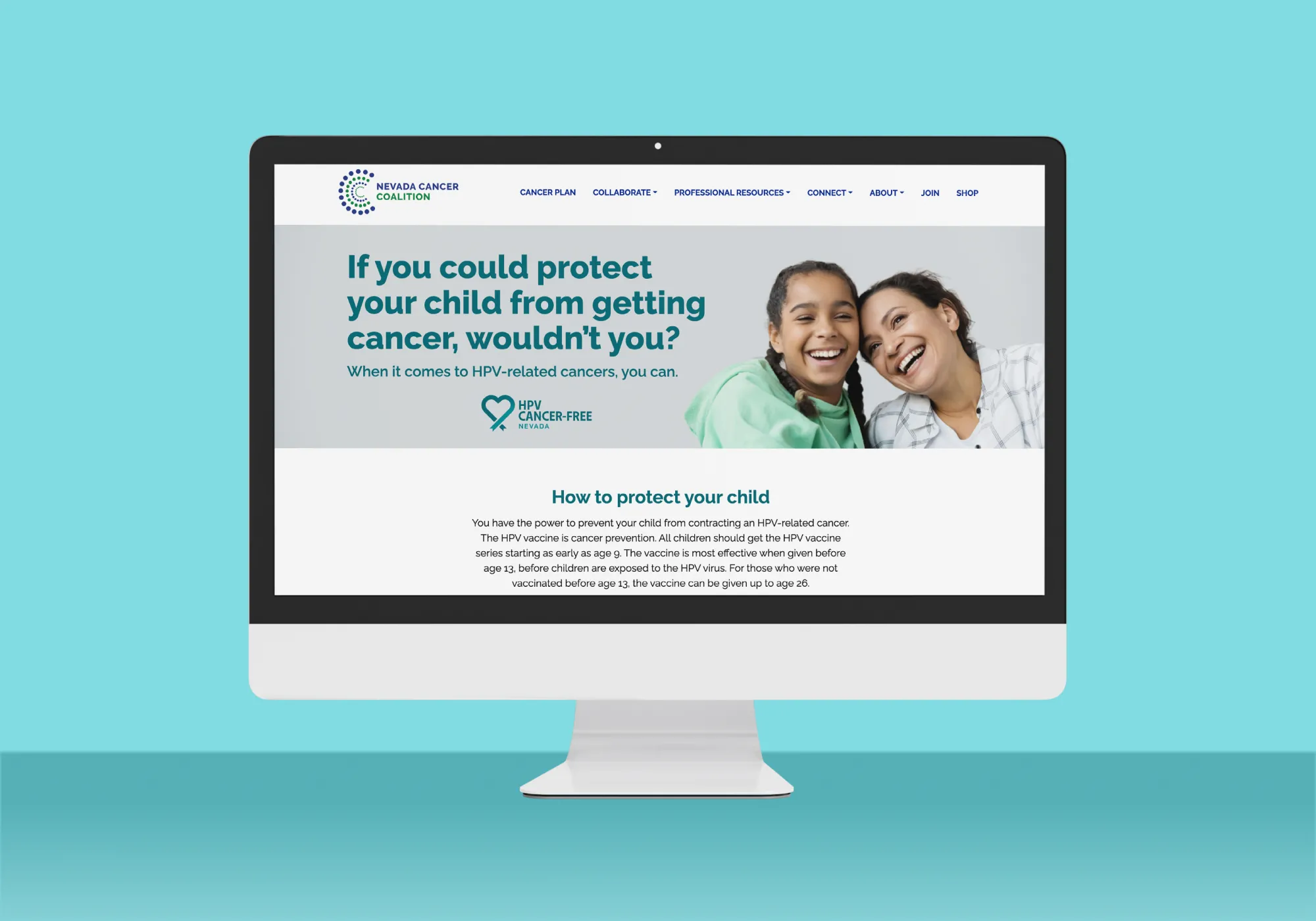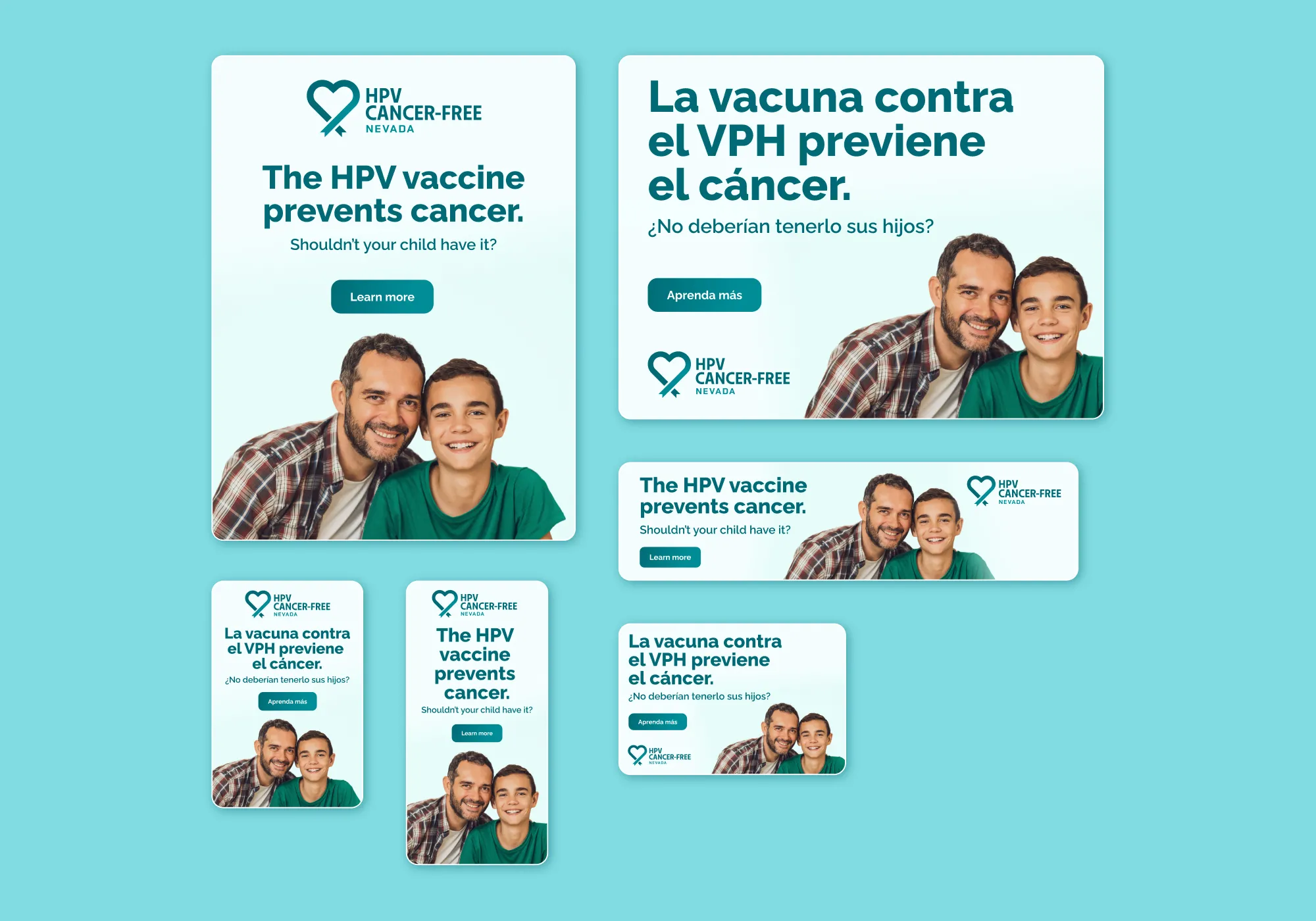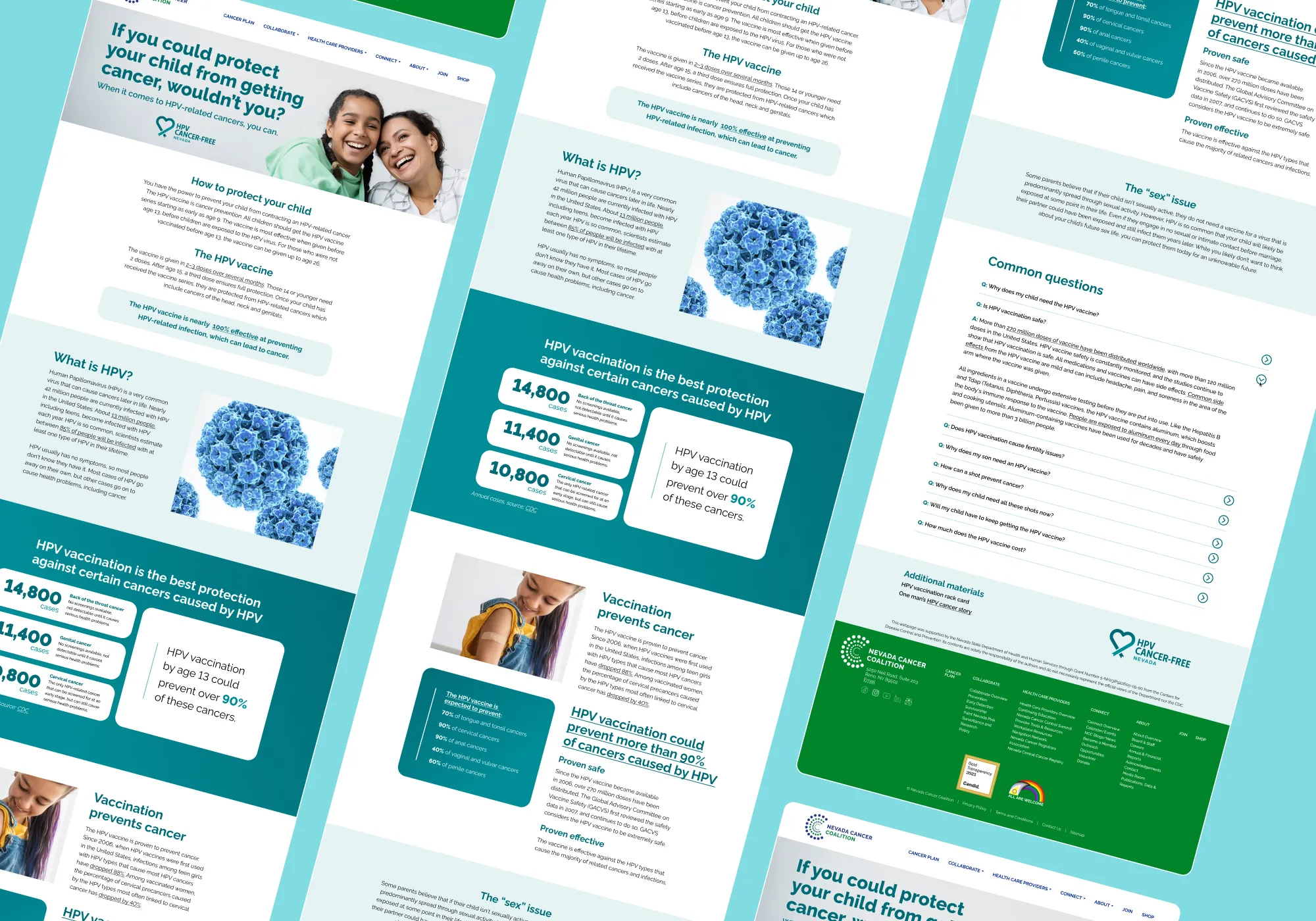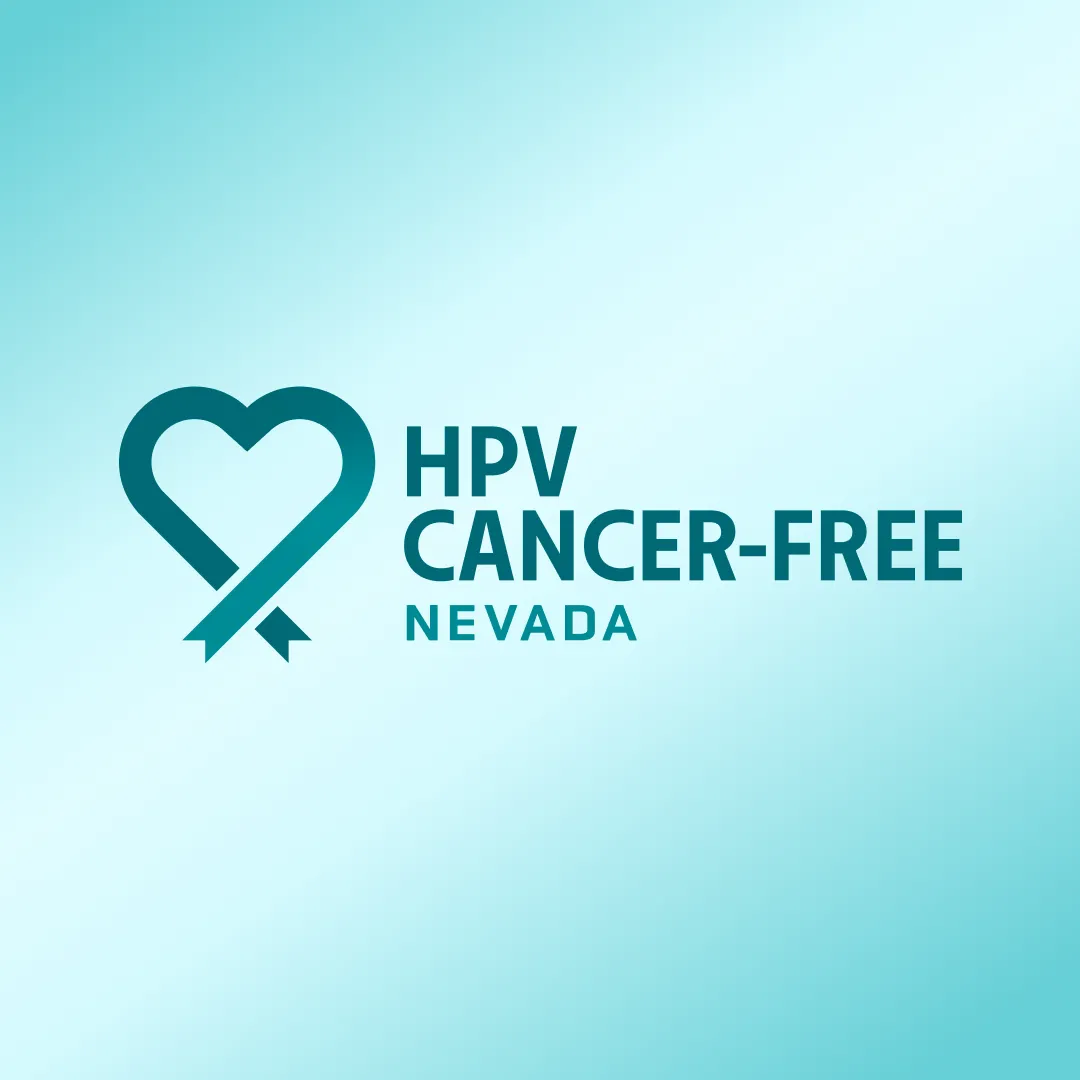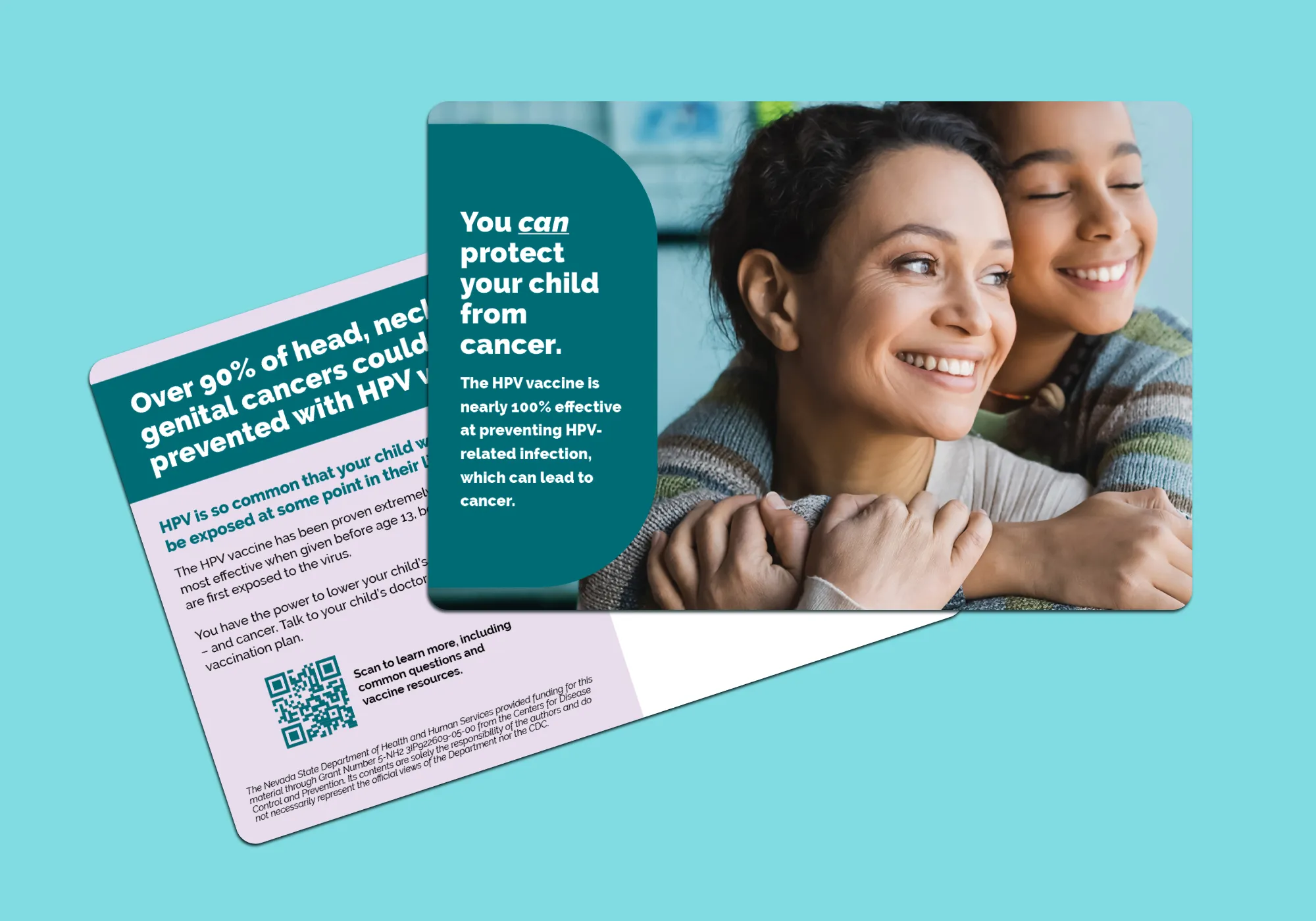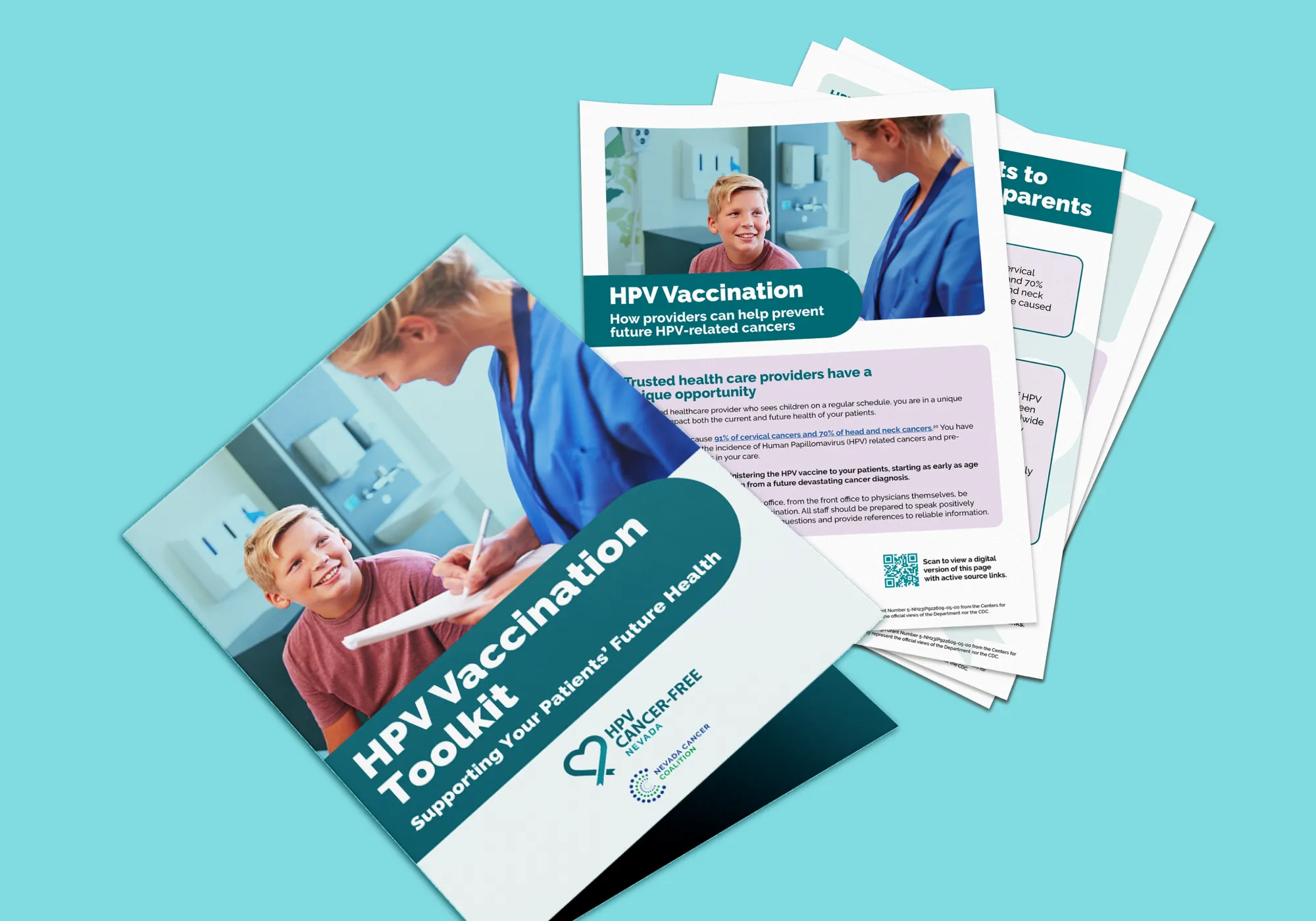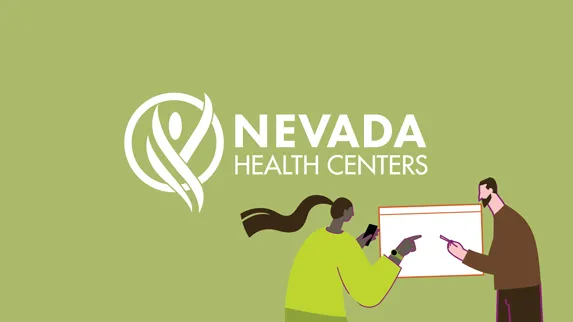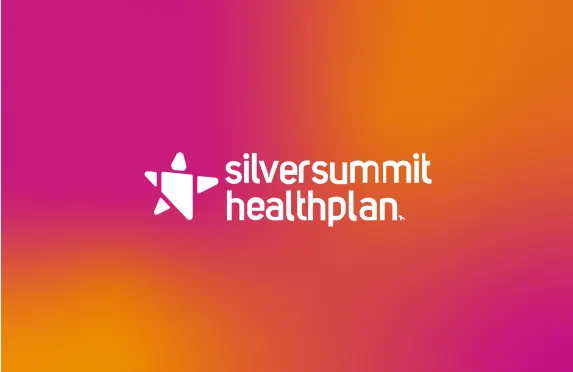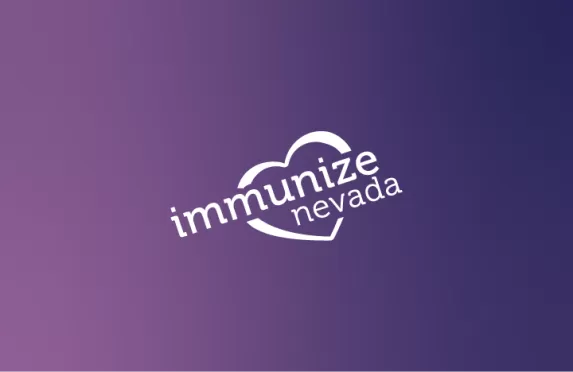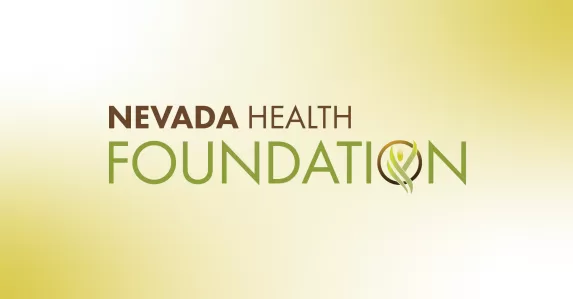Childhood HPV Vaccination
The Challenge
The bad news: Human papillomavirus (HPV) is an extremely common sexually transmitted disease (STD) that can lead to genital, head, and neck cancer. The exciting news: Nearly 100% of HPV-related cancers can be prevented with the HPV vaccine.
The issue: When you’re talking about a disease that is most commonly spread during sexual intercourse, getting parents to engage and be proactive is a tall order. The health communication equivalent of fingers in ears, eyes tightly closed, yelling, “I can’t hear you!”
So how do you discuss vaccinating a child against an STD as early as 9 years old with a parent? In a word, carefully. Add in targeting a rural audience, where immunization itself is polarizing, and you’ve got yourself a real doozy of a challenge. Or in this case, we had ourselves a real doozy of a challenge, courtesy of our client Nevada Cancer Coalition, which was charged with improving HPV vaccination rates in Nevada to lower HPV-related cancer rates.
What We Did
For starters, we left sex out of it. No matter that sex can lead to HPV infection, which can lead to HPV-related cancer. Our approach was to encourage parents to do something today to prevent their children from getting one of these cancers in the future.
In February 2024, aligning with Cancer Prevention Month, we launched an education campaign to empower parents to protect their children from cancer in adulthood. Ads included Meta (Facebook and Instagram), native and display, which drove parents to a landing page containing researched and cited HPV education and resources.
Parents look to healthcare providers for trusted info for their kids, so we encouraged them to talk to their family doctors. But we didn’t stop there. We reached out to rural providers — pediatricians and dentists — providing informational toolkits that armed them with materials and talking points to have conversations with reluctant or questioning parents.
